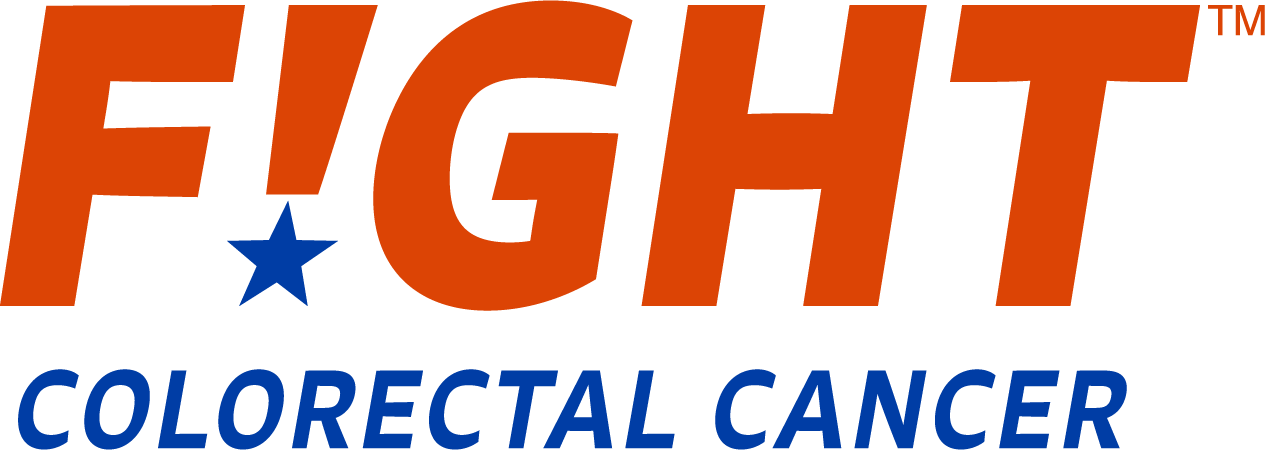- About Us
- Advertise / Support
- Editorial Board
- Contact Us
- CancerNetwork.com
- TargetedOnc.com
- OncLive.com
- OncNursingNews.com
- Terms & Conditions
- Privacy
- Do Not Sell My Information
- Washington My Health My Data
© 2025 MJH Life Sciences™ and CURE - Oncology & Cancer News for Patients & Caregivers. All rights reserved.
My Cancer Advocacy Keeps My Mom’s Legacy Alive
After my mom died of colon cancer, I became an advocate with the hopes that fewer people would be lost to the disease.
My mother, Felita Rollins, was 43 years old when she passed away from colon cancer on March 17, 2005; I was just 22 years old. My mom and I were very close because I was an only child and she was a single parent. She was my best friend and the strongest person I knew.
For years, my mom saw blood in her stool and felt stomach cramps. She was misdiagnosed with hemorrhoids several times, and it was not until her bleeding got worse that she was given a colonoscopy, which discovered her stage 4 diagnosis.
She fought her cancer with pride. After going in for surgery, she found out her cancer had spread, and we had a long battle ahead of us. My mom took everything in stride. She continued to work. We would go to chemo, and she would go to work right after.
In December 2004, her cancer came back. She shielded a lot from me. I saw her getting worse, but I thought it was side effects from the chemotherapy. I continued to nurture her and fight alongside her.
I did not know she was dying until 10 days before she passed. I walked in on a conversation she was having with her doctor. “You know, you’re dying.”
I told my mom, “I am going to be OK.” She replied, “I know you are.”
Felita’s Legacy
After my mom passed, I founded my nonprofit, Felita’s Love. Our mission is to “fight to decrease the number of colon cancer diagnoses and deaths through advocacy and awareness initiatives, encouraging early screenings and education.” I have a drive to advocate for those who are misdiagnosed or those who need screening earlier due to family health history.
When I went into my doctor’s office at age 40 to get my first colonoscopy, the doctor said, “You're late.” The doctor told me I was behind on screening because I have a first-degree relative, which threw me into shock and scared me. I experienced issues with my insurance. I was denied because I was not experiencing symptoms, and I had to wait to get the exam. That made me angry because of everything my mother went through before she was diagnosed.
I got involved with Fight CRC because if she could fight to stay alive, I figure I can now fight for other people and help be their voice and advocate to bring awareness.
From Fight Colorectal Cancer: Knowing whether you are high-risk versus average-risk for colorectal cancer, defined by whether or not you have a family or personal history of CRC or certain bowel diseases, is an important distinction to make. The first step to understanding your risk level starts with asking your family members if there is or has been any history of colorectal cancer in your family. Learn more at FightCRC.org/FamilyHistory.
Related Content:




